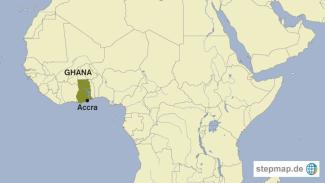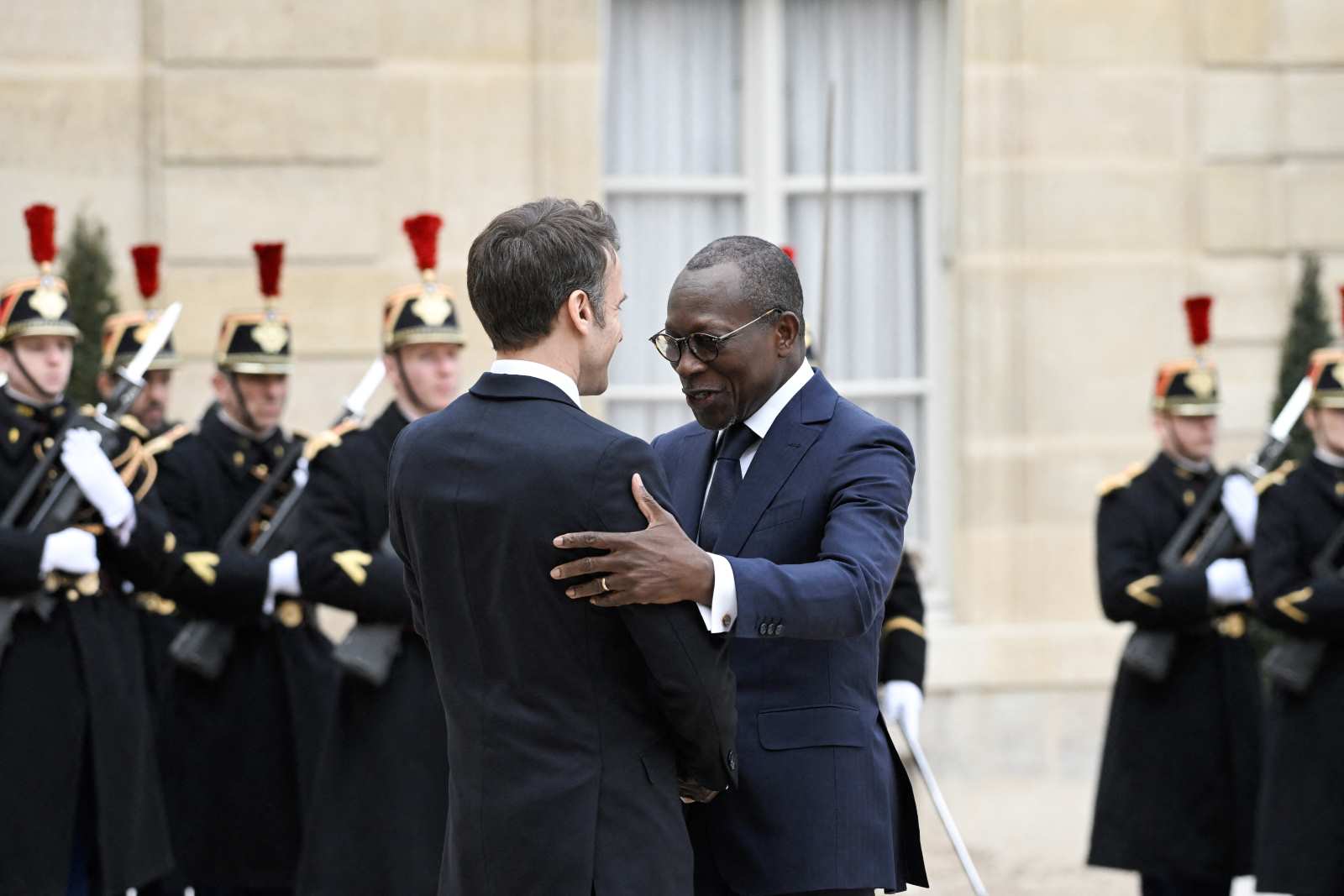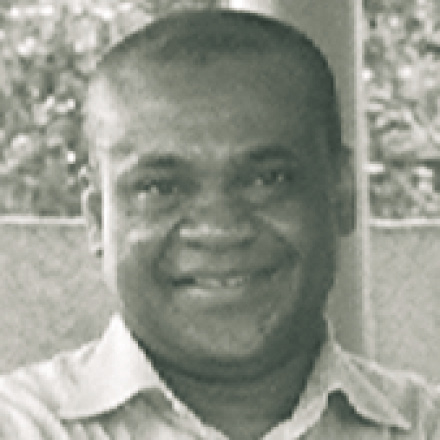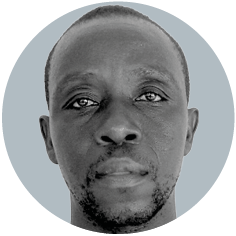Elections
Distorted choices

Elections are gainful moment for many Ghanaian voters. Many are prepared to admit: “My vote was for sale.” A vote can cost up to 1000 Ghana Cedis (the equivalent of $ 250). In general, the politician who offers most gets most votes.
The Ghana Center for Democratic Development (CDD) has studied the matter. It reckons that 84 % of voters were influenced in their voting decision based on how they can directly benefit from particular candidates in the presidential and parliamentary elections in December. It is a regular practice of voters to demand cash from politicians before casting their votes.
Ghana’s constitution forbids such practices. Vote selling obviously distorts results. Paul Osei Kuffour, a scholar at the CDD says: “It is an affront to democracy, because the type of political leaders that get elected may not reflect the genuine interest of citizens.” He insists that it is not right to sell or buy a vote: “Elections are a tool for accountability. By buying votes, the system is corrupted, and it undermines the legitimacy of people who are elected into political office.”
Many Ghanaians cashed in during the election campaign. Politicians also induced voters by offering them gifts; for instance, cloth was distributed by a politician on top of money to some residents of Tamale, a town in northern Ghana. Yakubu Iddrisu, a popular local leader in Tamale, explains voters’ attitude: “Politicians make promises and never fulfil them, so that’s why people demand money before voting.”
According to Ghana’s public representation law, it is an offense to offer material things, promises and inducements in connection to one’s quest for public office. Stephen Azantilow from the Commission on Human Rights and Administrative Justice (CHRAJ) says that it is ultimately necessary to fight corruption. Otherwise, he insists, “you don’t get qualified, competent people elected into office”.
On the upside, a civic campaign became very popular in the recent election season. Its slogan was: “I will not sell my vote.” The campaign aimed at improving civic consciousness and raising awareness of democratic principles. CDD scholar Kuffour was a leading member.
Maxwell Suuk is a journalist and lives in northern Ghana.
suuk.max@gmail.com
Links:
Ghana Center for Democratic Development:
http://www.cddghana.org/
Commission on Human Rights and Administrative Justice:
http://www.chrajghana.com/













